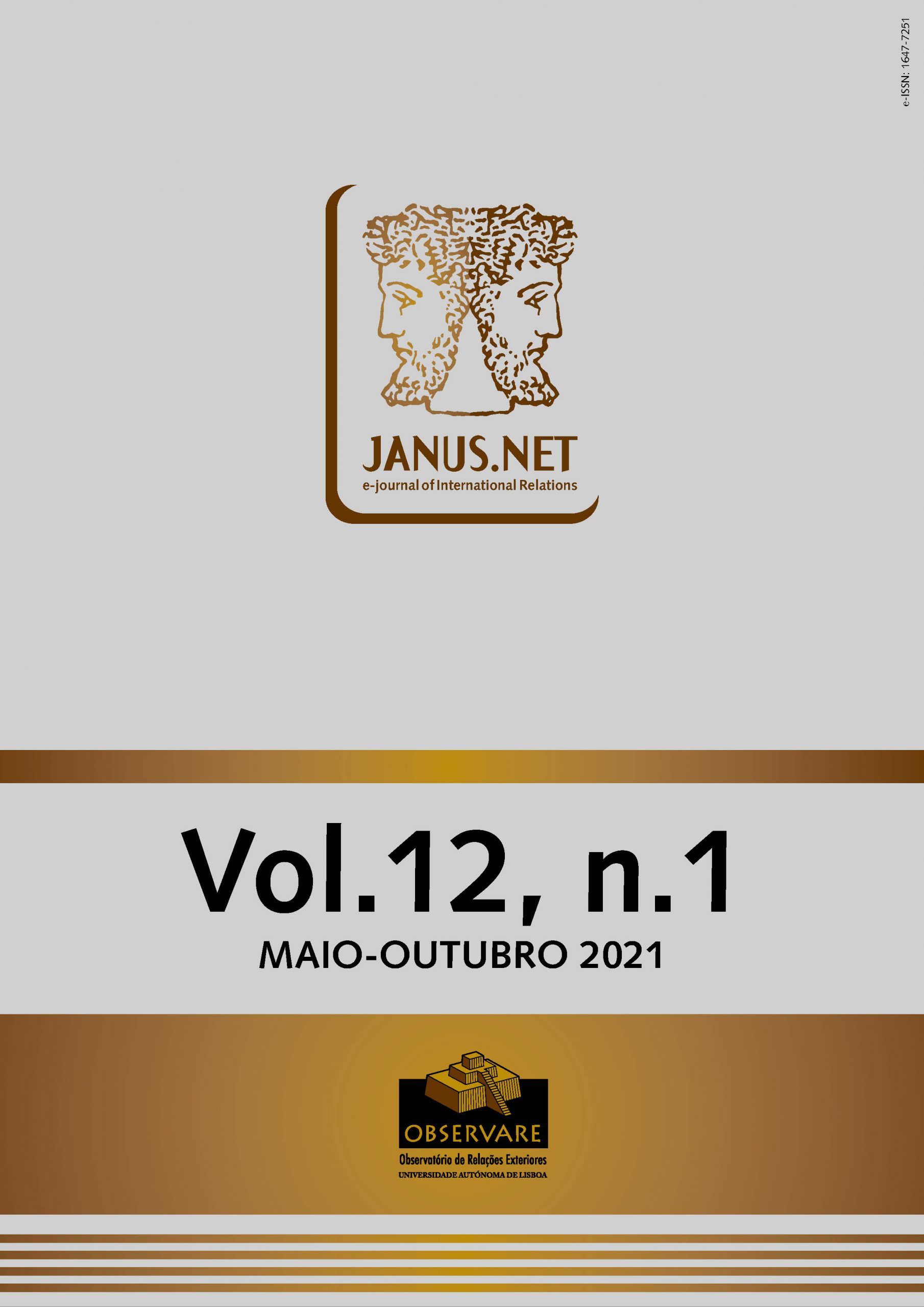In 2015, the so-called “migrant crisis” became a major international issue that has since affected the immigration policies and national asylum systems of dozens of countries all over the world. Against the background of a global economic crisis caused by the COVID-19 pandemic and renewed mass migration movements in Central America and across the Mediterranean Sea, better understanding the impact of the 2015-2016 mass migration movements on various countries’ migration policies and legislation might prove useful to better anticipate policy and legislative changes in the near future. First, this paper uses global descriptive statistics and trends in legal reform and deportation policies towards asylum seekers and refugees to highlight a specific pattern that has been observed among energy exporting rentier states: between 2015-2017, most hydrocarbons-exporting rentier states, while remaining open to economically vital inflows of temporary migrant workers, adapted their legislation to make it particularly restrictive towards asylum seekers. More precisely, we found a perfect correlation (100%) between being a high-income hydrocarbon-exporting rentier state and having restrictive legislation and/or strong deportation policies towards asylum seekers and undocumented migrants as of late 2017. This observation cannot satisfactorily be correlated with all countries that have high standards of living. Only a minority (30%) of high-income but non-rentier states classified as having similarly restrictive legislative regimes for asylum seekers and refugees. The rentier states in the Arabian Gulf and Central Asian regions, which confirmed these global observations, were more deeply analyzed and showed that, in rupture with their past tradition of hosting significant refugee populations, a form of new – and more restrictive – rentier state migration model has been emerging following the dramatic increase in refugee flows since 2015.
TOWARDS A NEW RENTIER STATE MIGRATION MODEL? INSIGHTS FROM CENTRAL ASIA AND THE GULF ARAB STATES
farkhad.alimukhamedov@univ-toulouse.fr
Post-doctoral fellow at LaSSP (Laboratoire des Sciences Sociales du Politique, France) and Lecturer at Institute of Political Sciences of Toulouse. His research area includes Central Asian studies, international migration and internationalization of higher education.
Research Assistant for the Qatar Humanitarian Innovation Lab (Q-HIL) research initiative at Qatar University (Qatar). His research interests primarily explore user-centered approaches to humanitarian innovation in a wide range of fields, including education, health, and water. He coauthored, with Laurent A. Lambert, a book chapter entitled ‘MOOCs and International Capacity Building in a UN Framework: Potential and Challenges’. In Leal Filho W., Mifsud M. (eds) Handbook of Lifelong Learning for Sustainable Development. World Sustainability Series. Springer.
Resumo
Palavras-chave
Como citar este artigo
Alimukhamedov, Farkhad; Hashim, Hisham Bin (2021). Towards A New Rentier State Migration Model? Insights from Central Asia and the Gulf Arab States. Janus.net, e-journal of international relations. Vol12, Nº. 1, May-October 2021. Consulted [online] at date of last visit, https://doi.org/10.26619/1647-7251.12.1.6
Article received on 20 September, 2019 and accepted for publication on 26 March, 2020















